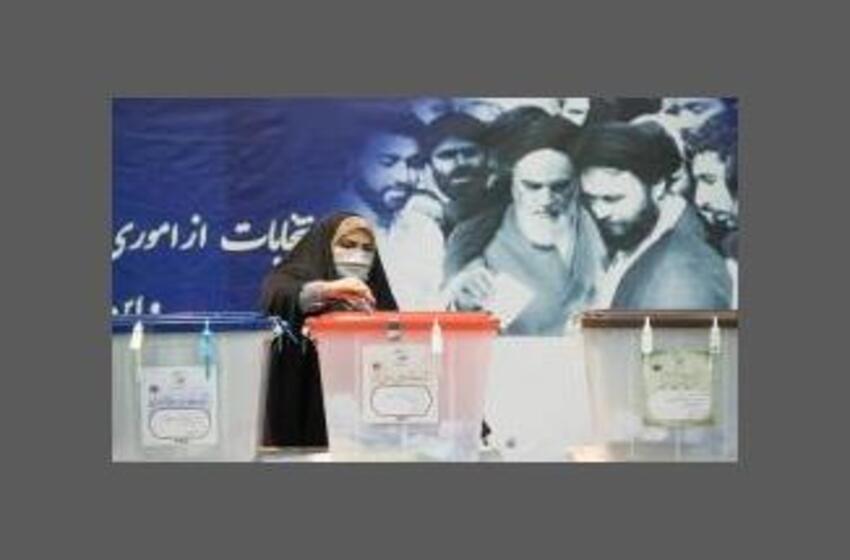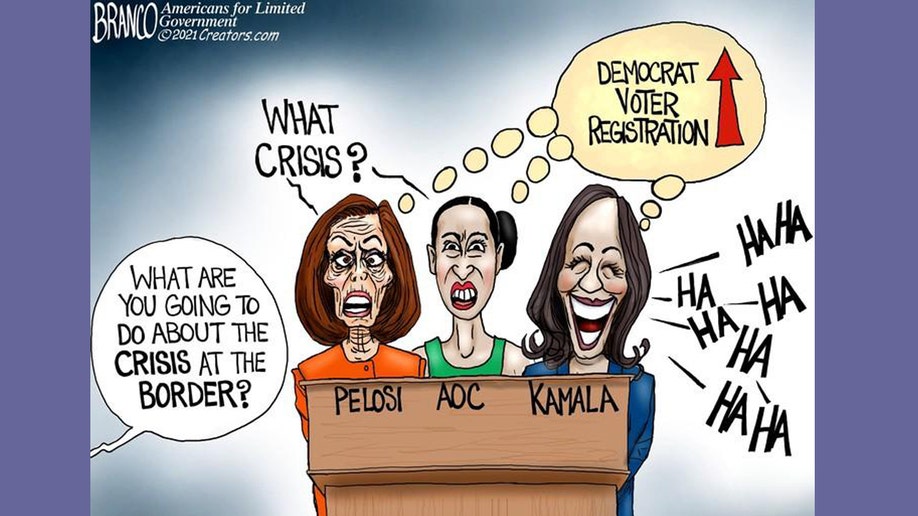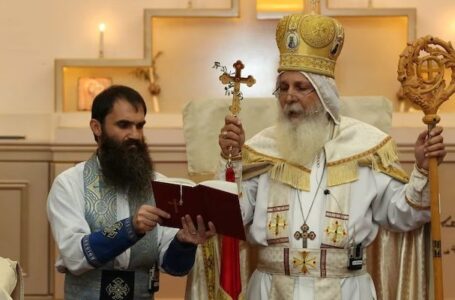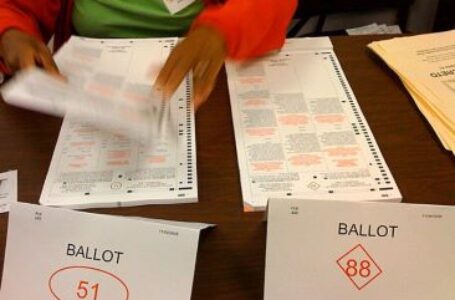Iranian Regime, Media Tout ‘Epic’ Election Despite Record-Low Turnout

A woman casts her ballot at a Tehran polling station on Friday. (Photo by Mohammadreza Abbasi ATPImages/Getty Images)
By Patrick Goodenough | June 20, 2021
(CNSNews.com) – Iran’s presidential election may have had the lowest turnout in the history of the Islamic republic but the regime and its media outlets are hailing “massive” and “epic” support by voters, characterizing it as a blow to Iran’s “enemies” led by the United States.
“Your enthusiastic, epic turnout in the June 18 elections has added yet another shining page to your honors,” declared supreme leader Ayatollah Ali Khamenei in an upbeat message, saying the nation had “again stood up to the propaganda of the enemy’s mercenary media and the urgings of the simple-minded and the ill-wishers.”
As has become customary in Iranian elections, Khamenei stated earlier that a strong turnout would send a powerful message of defiance to the West.
At the same time, opponents of the fundamentalist regime pressed for a boycott, to make clear Iranians’ rejection of a process they called a “sham.”
According to official figures, the turnout was 48.4 percent – the lowest in any presidential election since the 1979 revolution.
The UK-based outlet Iran International cited officials in Tehran as saying turnout in the capital was only 26 percent, down from 67 percent in the 2017 election. It also noted that 14 percent of ballots nationwide were left blank – even though Khamenei had prohibited such behavior.
Low as the official national turnout figure was, regime opponents said it was inflated.
The exiled National Council of Resistance of Iran (NCRI), which said it received reports from more than 300 cities, alleged widespread irregularities aimed at artificially boosting the numbers, including the offering of cash incentives to voters in multiple cities, and prisoners being offered three-day furloughs in return for voting.
The average turnout in presidential elections in Iran since the revolution stands at 67.4 percent, ranging from a low of 54 percent (in 1985 and 1989) to a high of 85 percent (2009).
Nonetheless, official and pro-regime media echoed Khamenei in touting the outcome.
The Tasnim news agency reported that outgoing President Hassan Rouhani “praised Iranian voters for their ‘epic’ presence in the Friday’s presidential election, saying the magnificent turnout has disappointed the enemies and ill-wishers. “
The man elected with 61.9 percent of the vote to succeed him, judiciary chief Ebrahim Raisi, thanked Iranians “for their massive turnout which opened a new chapter in the country’s modern history,” the semi-official Mehr news agency reported.
Islamic Revolutionary Guard Corps (IRGC) commander Maj. Gen. Hussein Salami said the “magnificent and decisive presence of voters in the polls stymied the enemy’s plots and its psychological warfare.”
“Iranians made history as usual. Despite all the sabotages done by the foreign mainstream media outlets to downplay the people’s presence in the elections, Iranians one again proved that they are the sole decision-makers of their fate,” declared Tehran Times, alongside photos showing people lining up to vote.
Mehr posted a cartoon on the “massive turnout,” depicting a large number of voting papers going into a ballot box that morphs into a fist, smashing through an upside-down American flag.

‘Special judicial missions’
Raisi’s election came as no surprise. He was widely viewed as the establishment’s handpicked choice, with the regime’s Guardian Council disqualifying more than 580 applicants and approving just seven (three of whom withdrew late in the campaign).
Raisi, 60, is seen by some Iran-watchers as being groomed to succeed the 82-year-old Khamenei.
Some Iranian media outlets are referring to Raisi as “ayatollah” although he reportedly holds a lower-level clerical title in Shi’a Islam, that of “hojatolislam.” (Khamenei himself was not an ayatollah when supreme leader Ayatollah Ruhollah Khomeini named him as his successor, and the constitution had to be amended to allow a lower-ranking theologian to hold the top post.)
Past Iranian presidents have included controversial politicians, but Raisi is especially notorious, having been linked to the secret extrajudicial executions of thousands of imprisoned dissidents in 1988. The conservative estimate of those killed is 5,000, although exiled regime opponents say the actual figure is closer to 30,000.
Raisi was allegedly a member of a four-member “death commission,” mandated to carry out a secret fatwa by Khomeini. Prisoners were questioned on their political and religious views, and thousands killed by hanging or firing squad, their bodies buried in unmarked graves.
(A bio by the IRGC-linked Fars news agency states that, “In 1988, due to his determination and legal skills, he [Raisi] was twice directly assigned special judicial missions by late Imam Khomeini.” It does not elaborate.)
When the U.S. Treasury Department in 2019 designated Raisi for sanctions, it cited both his “death commission” participation, and his role “in the regime’s brutal crackdown on Iran’s Green Movement protests that followed the chaotic and disorderly 2009 election.”
After Raisi’s election victory was announced, Human Rights Watch and Amnesty International both called again for investigations into his role in the alleged mass executions.
#####
















